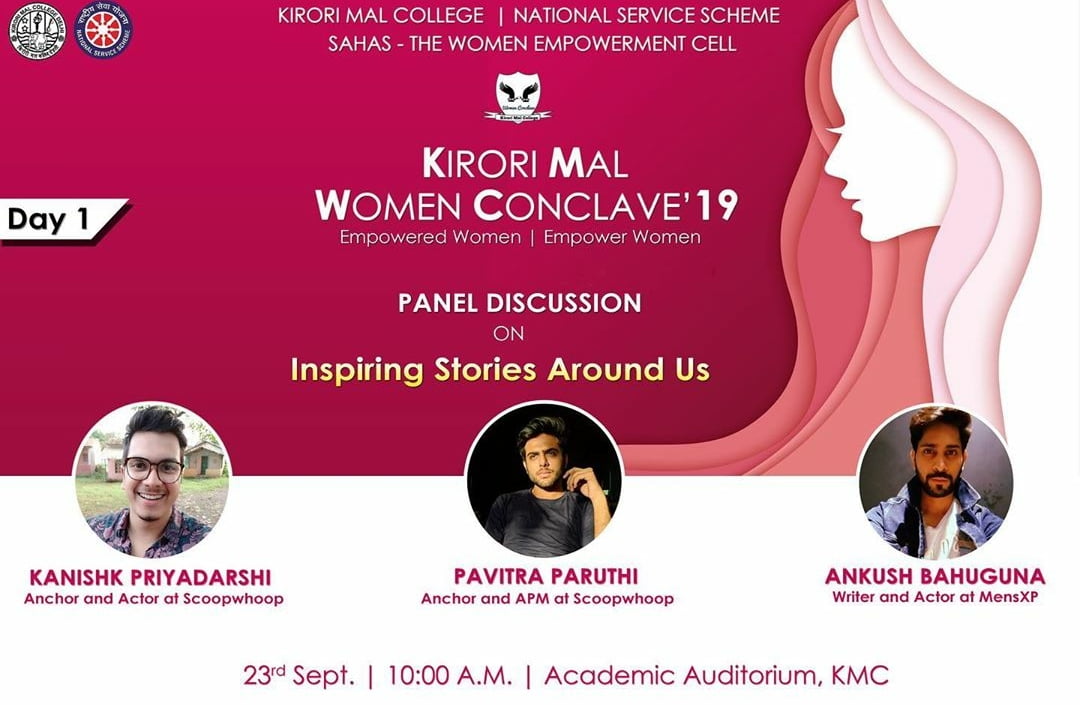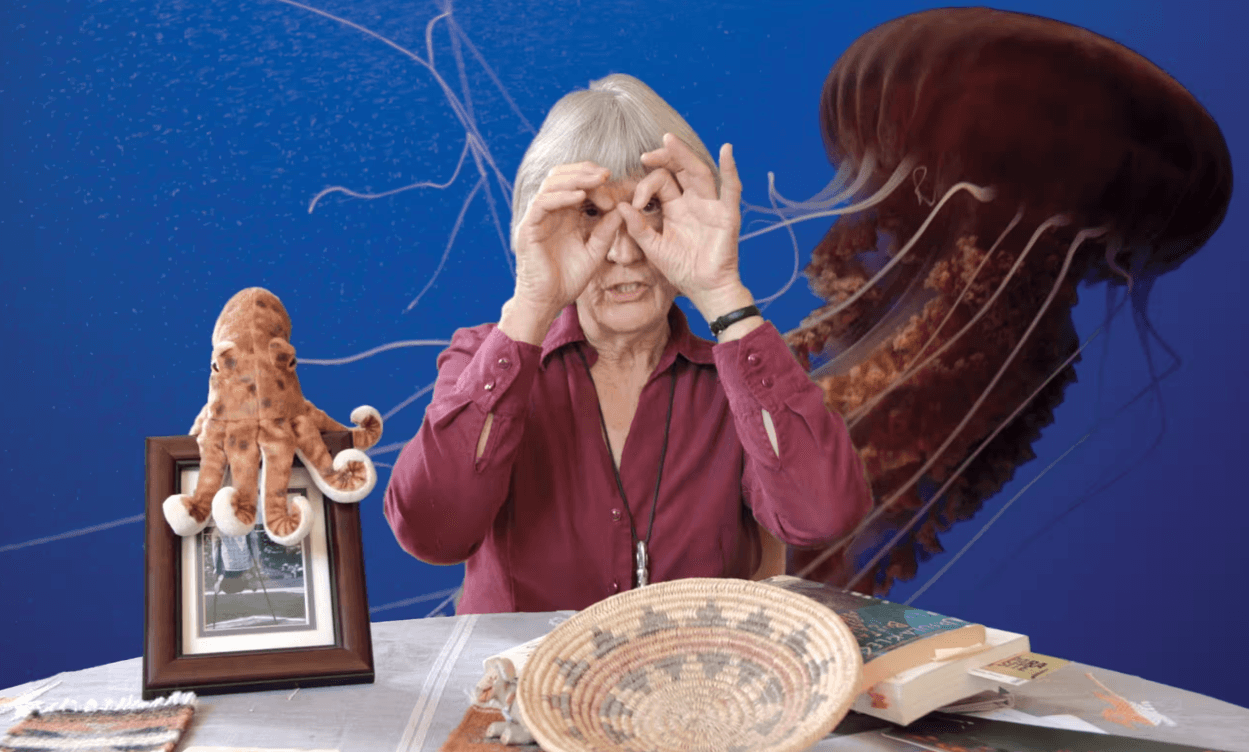Panel discussion at its very core, works towards creating awareness. This awareness can be regarding gender issues, discrimination, sexual harassment, caste or religion-based violence, etc. However, these seemingly noble endeavours have the tendency to become problematic when it comes to the question—who is going to constitute the panel?
Increasingly media organisations and groups, which conduct such events, have faced public condemnation regarding the lack of representation when it comes to members of the panel. While said panels have numerous revered intellectuals and public figures, very often the people found to be missing are the very ones the discussion is supposed to empower. Many may want to chalk this up to accident or coincidence, however, this is an evidence of a larger issue of hijacking the conversations about groups that have always found themselves to be on the periphery of society and instead, making it about those very people that are responsible for their marginalisation.
While said panels have numerous revered intellectuals and public figures, very often the people found to be missing are the very ones the discussion is supposed to empower.
Women Empowerment Panels
Kirori Mal College, University of Delhi found itself on the receiving end of criticism when it’s Women Empowerment Cell announced that the day 1 of their Women Conclave ‘19 would consist entirely of men in the panel discussion: Kanishk Priyadarshi, Pavitra Paruthi and Ankush Bahuguna. The panel discussion was to be on the topic ‘Inspiring Stories Around Us’.
Adrija, a student of KMC who attended the event says, “ A few friends and I were protesting the event. It was hugely disappointing to see the complete absence of women in the first panel of an event which calls itself the ‘Women Conclave’. The intention of empowering women might’ve been the same even for the men sitting in the panel but they seem to have missed the entire debate around representation of women in public spaces.”
Describing the discussion that took place, she adds, “After a point, the conversation got really derailed and they ended up talking a lot about their own life stories and acting careers. Which is fine, but it seems irrelevant for a women conclave. It was really bizarre to me that they couldn’t even find one woman to attend this panel alongside the men.”The organisers released a statement in which they insisted that “It is not only women who have the responsibility to empower other women. Voices of women are heard. But (it) is not only the duty of other women to echo those voices.”
Also read: Panels, Politics, and Penn (Women) In The Land Of Tamil Nadu
It is an undeniable fact that the participation of men in the feminist movement is important, but when the discussion aimed at unearthing ‘Inspiring Stories’ of women is monopolised by men it loses its entire purpose. Women don’t require men to tell inspiring stories about themselves.
It is an undeniable fact that the participation of men in the feminist movement is important, but when the discussion aimed at unearthing ‘Inspiring Stories’ of women is monopolised by men it loses its entire purpose.
The problem of men dominating panels that are supposed to be about women is not new. In 2017, Anupama Chopra conducted a discussion about sexism in the comedy industry. Ironically, out of the 6 comedians invited which included Aditi Mittal, Biswa Kalyan Rath, Kanan Gill, Vipul Goyal, Tanmay Bhat, and Zakir Khan, only one was female. The men talked, almost endlessly, about the need to diversify the industry, not noticing the gender ratio of their own panel.
Representation of Bahujans
Media Rumble recently held a panel discussion on ‘Politics of Cinema’. The panelists for which were Shubhra Gupta, Anubhav Sinha, Vinod Kapri and Sabrina Dawan. It was moderated by film-maker and writer, Jyoti Nisha.
Given the topic of the discussion and the presence of Anubhav Sinha, the conversation drifted to the representation of casteism in his movie, Article 15. The panelists, all of whom enjoyed caste and class privilege, took a self-congratulatory tone and talked about how Indian cinema has progressed in a positive direction, from the time when characters remained without surnames to being able to talk about caste discrimination. Sinha claimed that his movie was inspiring people to stop making their domestic servants sit on the floor.
When pointed out by the moderator, Jyoti Nisha, the only Bahujan member of the panelist, that this progress was inadequate and did not talk about ways to annihilate caste, she was repeatedly dismissed. It was stated numerous times during the discussion that the beginning of a conversation about caste, was a victory in itself. This very statement describes the mindset of the privileged section of society, when a Bahujan points out that the discourse is riddled with errors, biases and stereotypes, the resounding reply is, “We are talking about your problems, is that not enough?”
However, the very issue of representation in panel discussions is based on the fact that just talking about the problems of the oppressed is not enough, and that is why it is neither required nor appreciated that those with privilege hijack the conversation and continue to dispense uneducated statements. Placating the masses and insisting that enough is being done for the upliftment of women and Bahujans by the privileged is not sufficient, those in power must learn to pass the mic.
Also read: A Manel Met The PM To Discuss Bollywood’s Problems Because Representation, What’s That?
While the Women Empowerment Cell of KMC may say that “Voices of women are heard”, it is obvious that they are not, because if they were, then the voices of dozens of female students who demanded the panelists be changed, would have been acknowledged.
Featured Image Source: Instagram
About the author(s)
Yameena is passionate about feminism and activism




